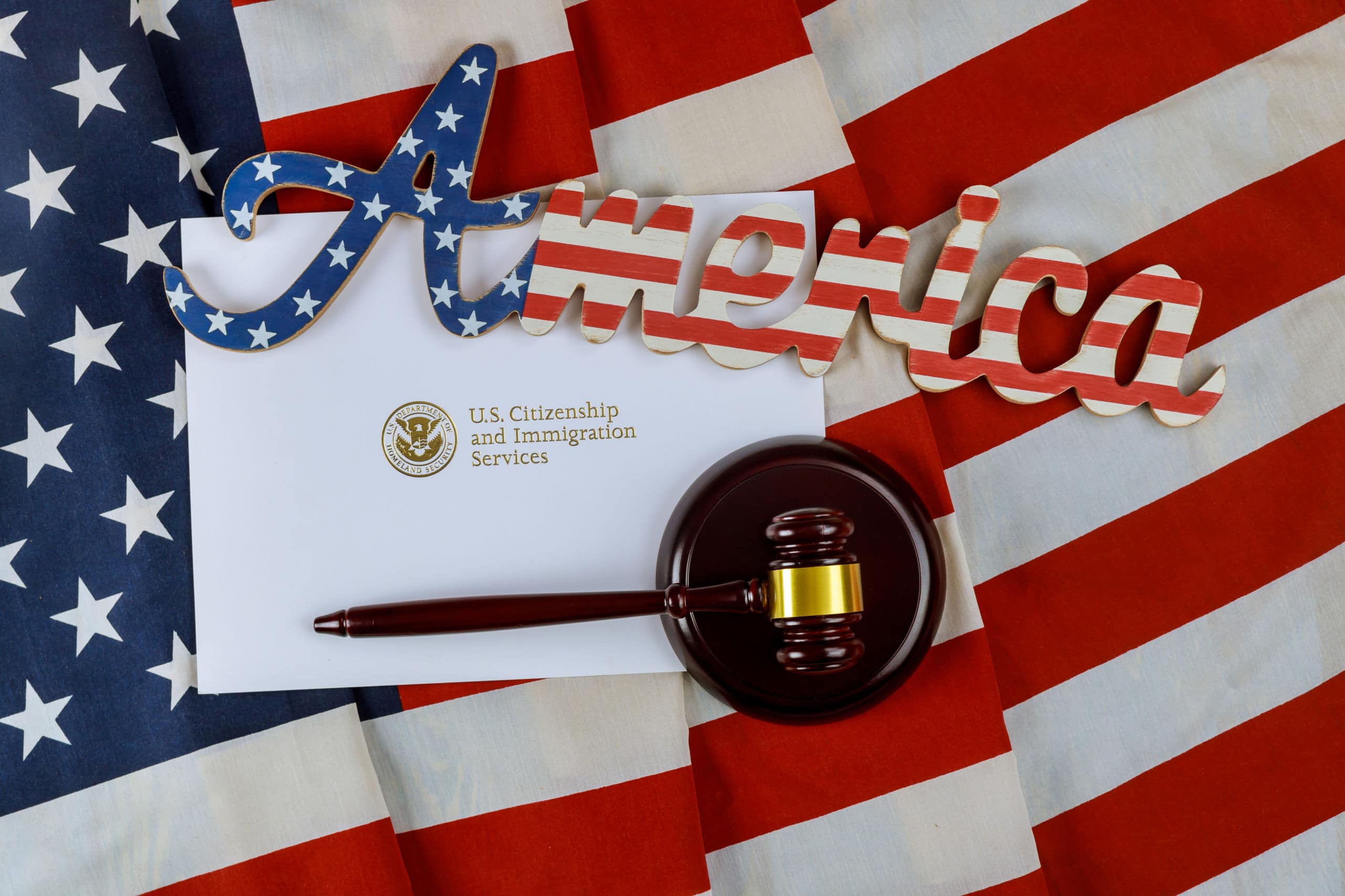By: Richard Hanus, Esq.
Published May 28, 2022
For foreign nationals living in the U.S. for an extended period without immigration status, one of the most often used and potent defenses to deportation is an Application for Cancellation of Removal for Nonpermanent Residents (FORM EOIR-42B). Whether they overstayed their visa or entered the U.S. without inspection, an undocumented foreign national who meets certain eligibility requirements may qualify for Cancellation of Removal, an avenue for relief that leads to green card issuance. The ultimate decisionmaker on this type of application is the Immigration Judge presiding over removal proceedings, and with a U.S. Department of Homeland Security attorney playing the role of prosecutor, who will have the option of opposing or not opposing the grant of relief.
Applicants must meet these basic requirements:
- an applicant must be in removal proceedings, i.e. before an Immigration Judge and under the jurisdiction of the Immigration Court.
-
have at least 10 years of continuous residence in the U.S. (with some interruptions sometimes allowed),
- demonstrate “good moral character” for the 10 year period leading up to the application;
- have no serious criminal convictions, with most single misdemeanors not leading to ineligibility and
- prove that the denial of the application will lead to “exceptional and extremely unusual hardship” for certain U.S. family members – i.e. applicant’s U.S. citizen or lawful permanent resident spouse, parent and/or under 21-year-old child(ren).
Here are answers to questions I am most often asked on this topic:
Q: I am undocumented and meet these requirements but I am not in removal proceedings, can I still apply?
A: No. You must be in removal proceedings. Historically, undocumented residents of the U.S. have been placed in removal proceedings after the denial of an immigration benefit, such as an application for asylum or adjustment of status OR after they have come to the attention of local, state or federal law enforcement authorities because of a criminal arrest or investigation.
Q: Will a driving under the influence, or other misdemeanor conviction cause me to be ineligible for cancellation of removal?
A: Not necessarily. One conviction for a misdemeanor will generally not lead to disqualification, but certain circumstances may present issues for eligibility such as when jail time is part of the sentence, the crime involves abuse of a minor or domestic violence, and other aggravating factors. Criminal arrests that do not lead to convictions are less of a factor, although the contents of police reports surrounding arrests often become part of the record and the court’s consideration.
Q: What does “exceptional and extremely unusual hardship” mean?
A: The hardship facing the U.S. family member at issue must be atypical, and beyond what would ordinarily be experienced by a family member because of the undocumented relative’s forced departure. A successful hardship presentation is usually premised on the challenges the impacted U.S. family member will face as a result of their severe medical or psychological condition.
Q: How do I prove 10 years of continuous residence in the U.S.?
Those entering with some sort of temporary visa, such as a B-2 tourist or F-1 student, will usually have a date stamped passport or I-94 document noting when their residence in the U.S. started. For overstays, and even those entering without inspection, documents confirming continuous residence usually include bank statements, tax returns, receipts for purchases, along with school and medical records.
The key to a successful Application for Cancellation of Removal for a Nonpermanent Resident is preparation and detailed documentation, especially when it comes to showing a U.S. family member’s hardship. For guidance when it comes to presenting the best defense to deportation, it is imperative that a foreign national seek out the assistance of competent and experienced immigration counsel.
PUBLISHED May 28, 2022– “IMMIGRATION LAW FORUM” Copyright © 2022, By Law Offices of Richard Hanus, Chicago, Illinois

